Jefferies Bullish on Meta Platforms with a New $585 Price Target

Jefferies' Recent Update on Meta Platforms Inc. (META:NASDAQ)
Jefferies' recent update on Meta Platforms Inc. (META:NASDAQ) reaffirms its belief in the company's growth potential, maintaining a "Buy" rating and raising its price target to $585. This optimistic outlook is based on the expectation that Meta's advertising business will outperform Amazon's in 2024, a feat not achieved since 2015. The announcement, which saw META's stock price at $506.74, reflects confidence in the company's strategic direction and its ability to capitalize on emerging opportunities in the digital advertising space.
Enhancing Appeal to Content Creators
Meta Platforms is actively working to enhance its appeal to content creators, a move that could significantly bolster its advertising revenue. The company's decision to reintroduce cash bonuses for creators across its platforms in the United States, South Korea, and Japan is a strategic effort to encourage more engaging content creation. This initiative not only aims to attract and retain talented creators but also to increase user engagement, which is crucial for attracting advertisers. By investing in its creator community, Meta is laying the groundwork for a more vibrant and attractive platform for advertisers, potentially driving up ad sales and outpacing competitors like Amazon.
Addressing Technical Vulnerabilities
However, Meta's journey is not without its challenges. The recent outages experienced by Instagram and WhatsApp, two of Meta's key platforms, highlight the technical vulnerabilities that can impact user experience and trust. With Downdetector reporting thousands of outage reports, these disruptions underscore the importance of robust infrastructure and swift response mechanisms to maintain user confidence and ensure the smooth operation of its platforms. While these incidents may pose short-term challenges, Meta's acknowledgment and resolution of the issues demonstrate its commitment to platform reliability, a critical factor for both users and advertisers.
Exploring the Metaverse
Beyond its advertising business, Meta Platforms is positioning itself as a leading player in the emerging Metaverse, an area with significant growth potential. As highlighted by InvestorPlace, the Metaverse represents a new frontier for digital interaction, offering unlimited possibilities for virtual environments. Meta's involvement in this space, underscored by its rebranding from Facebook, signals its ambition to be at the forefront of this virtual revolution. The company's focus on developing technologies and software for the Metaverse not only aligns with its long-term growth strategy but also opens up new revenue streams beyond traditional advertising.
Financial Metrics and Market Position
The financial metrics further solidify Meta's strong market position, with a notable stock price increase to $506.74 and a market capitalization of approximately $1.29 trillion. These figures reflect investor confidence in Meta's strategic initiatives and its ability to navigate the complexities of the digital landscape. As the company continues to innovate and expand its offerings, from enhancing its advertising business to pioneering in the Metaverse, Meta Platforms Inc. stands as a compelling investment opportunity for those looking to capitalize on the digital economy's growth.
| Symbol | Price | %chg |
|---|---|---|
| 035420.KS | 260000 | 0 |
| 035720.KS | 62800 | 0 |
| 0700.HK | 634 | 0 |
| 80700.HK | 580.5 | 0 |
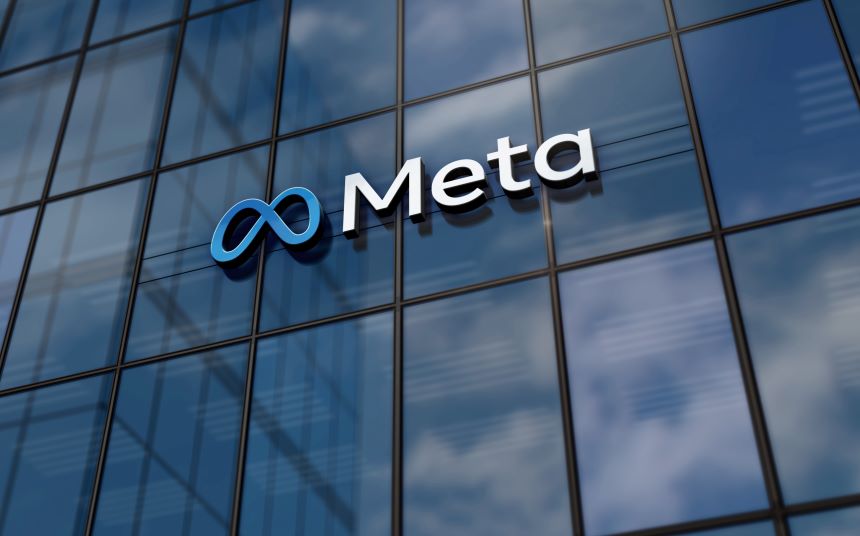
Meta Platforms Inc (NASDAQ:META) Quarterly Earnings Preview
- Analysts predict an EPS of $6.61 and revenue of $49.39 billion for the upcoming quarterly report.
- Meta's focus on artificial intelligence and its impact on growth is a key area of interest for investors.
- The company's stock has historically performed well post-earnings, with a potential movement of about 7.1% anticipated.
Meta Platforms Inc (NASDAQ:META) is set to release its quarterly earnings on October 29, 2025. Analysts expect an earnings per share (EPS) of $6.61 and revenue of approximately $49.39 billion. This report is crucial as it will highlight the impact of Meta's investments in artificial intelligence on its growth.
Meta's stock has been rallying ahead of the earnings announcement, with analysts from Zacks Research forecasting a 9.6% increase in EPS from the same period last year. The expected revenue is slightly higher at $49.45 billion. Investors are particularly focused on Meta's AI efforts, especially after the company cut 600 jobs in its AI unit.
Historically, Meta has shown strong post-earnings performance, with its stock finishing higher after the last three quarterly reports. In June, the stock saw an impressive 11.4% increase. The options market suggests a potential post-earnings stock movement of about 7.1%, compared to an average move of 5.28% over the last four quarters.
Meta's financial metrics provide insights into its market valuation. The company has a price-to-earnings (P/E) ratio of 26.46 and a price-to-sales ratio of 10.56. Its enterprise value to sales ratio is 10.77, and the enterprise value to operating cash flow ratio is 18.82. These figures reflect the market's valuation of Meta's earnings, revenue, and cash flow.
Investors are advised to focus on Meta's capital-spending forecast, ad revenue figures, and engagement trends. These will provide insights into the company's future investments, financial health, and user interaction. Additionally, expectations for the holiday quarter will offer a glimpse into potential future performance during a critical sales period.
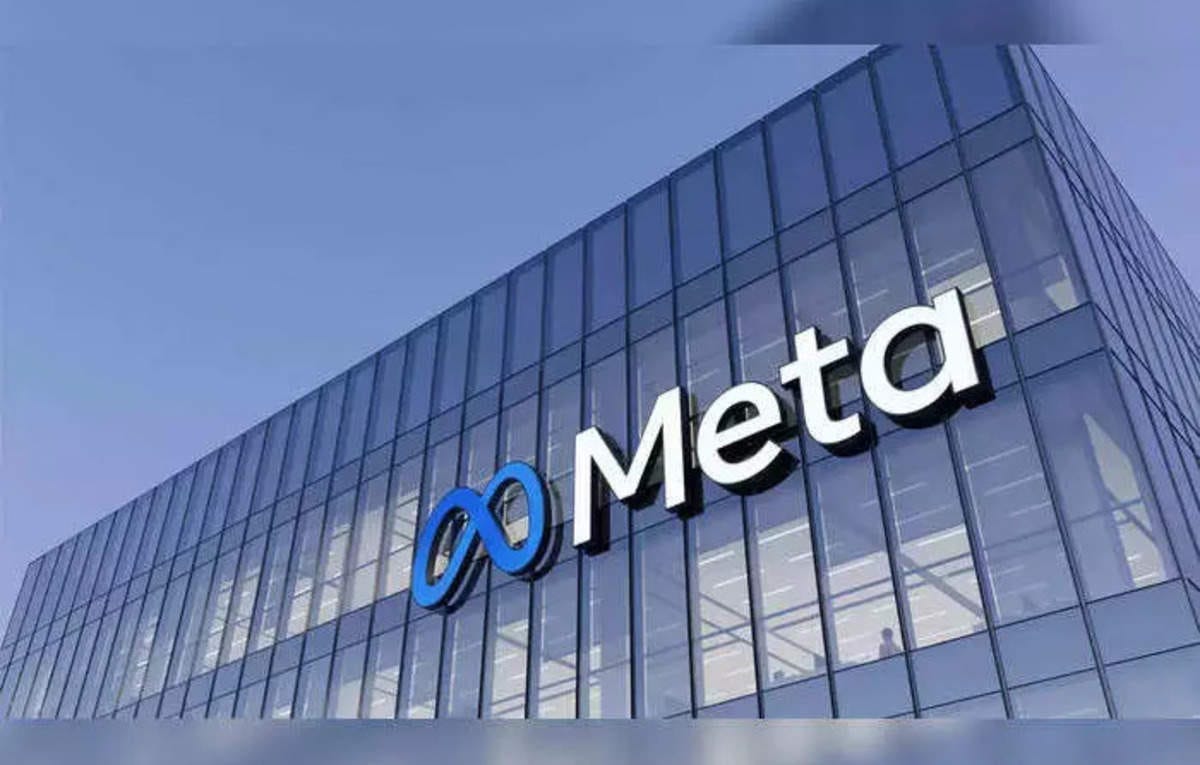
Meta Platforms (NASDAQ:META) Maintains Strong Market Position with Goldman Sachs' Endorsement
- Goldman Sachs maintains a "Buy" rating for NASDAQ:META, raising its price target from $830 to $870.
- META's stock has experienced a significant 43% increase over the past six months, driven by strong quarterly performance and investments in artificial intelligence.
- The company has executed $9.76 billion in share repurchases and distributed $1.33 billion in dividend payments in the second quarter, enhancing investor sentiment.
Meta Platforms (NASDAQ:META) is a leading technology company known for its social media platforms, including Facebook, Instagram, and WhatsApp. The company is a major player in the digital advertising space, competing with giants like Alphabet and Amazon. On October 14, 2025, Goldman Sachs maintained its "Buy" rating for META, with the stock price at $708.65. The investment bank also raised its price target from $830 to $870.
META's stock has seen a significant 43% increase over the past six months. This growth is driven by strong quarterly performance and substantial investments in artificial intelligence. These investments have improved the core advertising business, leading to increased ad impressions and higher ad prices. As a result, investor confidence has grown, contributing to the stock's upward trajectory.
The company has also focused on returning capital to shareholders. In the second quarter alone, META executed $9.76 billion in share repurchases and distributed $1.33 billion in dividend payments. These strategic financial maneuvers have played a crucial role in boosting investor sentiment and supporting the stock's performance.
Despite the recent decrease of $7.05, or approximately -0.99%, from the previous trading session, META's stock remains strong. The stock has traded between $699.33 and $715.54 today, with a market capitalization of approximately $1.78 trillion. The trading volume for META is 8,679,816 shares, indicating continued investor interest.
META's stock price reflects a broader narrative of strategic growth and market dynamics. The 43% rise in the stock is significantly influenced by a 33.5% change in the company's price-to-earnings multiple. This change highlights the market's positive outlook on META's future prospects, driven by its innovative strategies and strong financial performance.
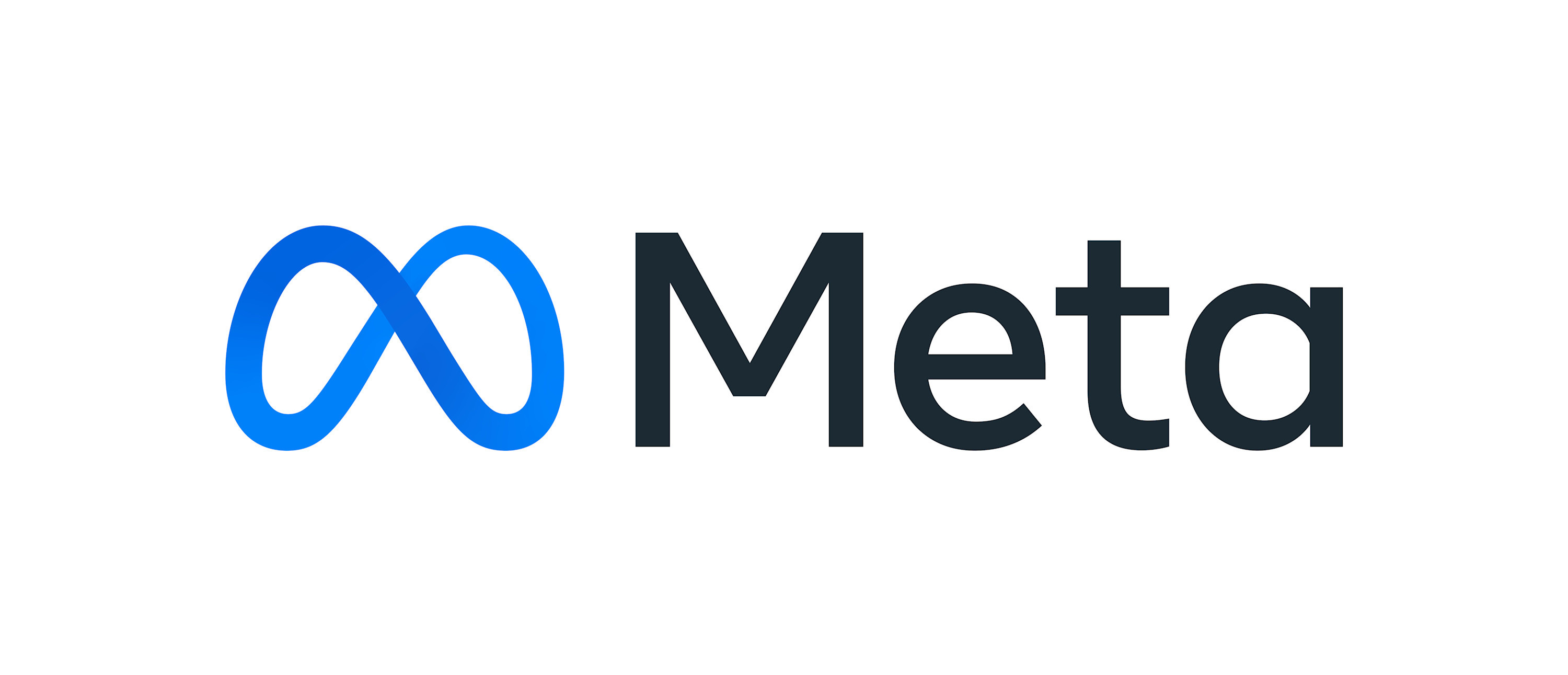
Truist Financial Sets High Price Target for Meta Platforms (NASDAQ:META)
- Truist Financial has set a price target of $880 for Meta Platforms (NASDAQ:META), indicating a potential increase of about 13.89%.
- Meta Platforms is expanding into wearable technology with the launch of $799 Ray-Ban smart glasses, aiming to replace traditional smartphones.
- The new AI-powered Meta Ray-Ban Display glasses feature a built-in screen for displaying text messages, video calls, and more, showcasing Meta's push into innovative consumer technology.
On September 18, 2025, Truist Financial set a price target of $880 for Meta Platforms (NASDAQ:META). At the time, META's stock was priced at $772.66, suggesting a potential increase of about 13.89% to reach the target. Truist Financial is optimistic about Meta's long-term growth, as highlighted by TheFly. This optimism is partly driven by Meta's innovative product launches.
Meta Platforms, known for its social media services, is expanding into wearable technology with the introduction of $799 Ray-Ban smart glasses. These glasses, equipped with a screen, aim to replace traditional smartphones by integrating advanced AI features. This move is part of Meta's strategy to push the boundaries of consumer technology, competing with giants like Google and Apple.
The new AI-powered smart glasses, called the Meta Ray-Ban Display, were unveiled by CEO Mark Zuckerberg. They feature a built-in screen for displaying text messages, video calls, and more. The glasses are designed for short interactions, allowing users to stay in control. Each pair includes the Meta Neural Band, an EMG wristband that translates muscle signals into commands.
Following the announcement of the smart glasses, META's stock saw a rise in premarket trading. The glasses will be available at EssilorLuxottica's stores, Best Buy, and select Verizon outlets. This development also positively impacted EssilorLuxottica's shares, which increased by approximately 1.6%, reaching $324.73 (€274.50).
Currently, META's stock price on NASDAQ is around $786.21, reflecting an increase of about 1.35% or $10.50. The stock has fluctuated between $773.36 and $788.05 during the day. Over the past year, META's stock has reached a high of $796.25 and a low of $479.80. The company's market capitalization is approximately $1.98 trillion, with a trading volume of 3,319,494 shares.
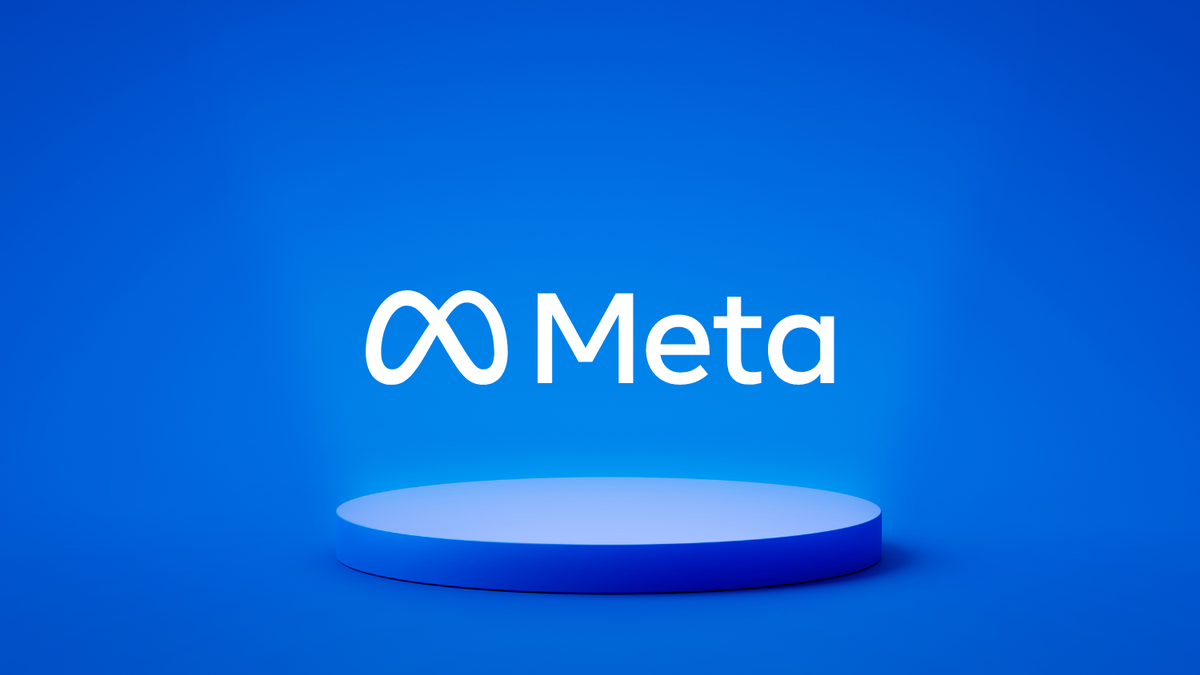
Meta Shares Surge 12% As Ad Revenue Beats And AI Investment Gains Momentum
Meta Platforms (NASDAQ:META) shares soared roughly 12% Thursday after the company posted stronger-than-expected second-quarter results, boosted by robust ad sales and growing optimism over its AI initiatives.
Revenue rose 22% year-over-year to $47.5 billion, while net income reached $18.3 billion, both beating Wall Street expectations. Analysts noted an 11% rise in ad impressions and a 9% increase in ad pricing as key drivers of the performance.
Family daily active users across Meta platforms, including Instagram and WhatsApp, also increased during the period.
For the third quarter, Meta forecasted revenue growth of 17% to 24% versus the same period last year, while warning of tougher comparisons in Q4.
Capital expenditures for 2025 are now projected at $66 billion to $72 billion, slightly raised from previous guidance, with early 2026 spending estimated around $100 billion. Analysts expect 2026 capex at $80 billion.
CEO Mark Zuckerberg reaffirmed AI as a strategic focus, highlighting its impact on advertising and user engagement. Meta recently acquired Scale AI for $14 billion and has expanded its AI research team to accelerate innovation.
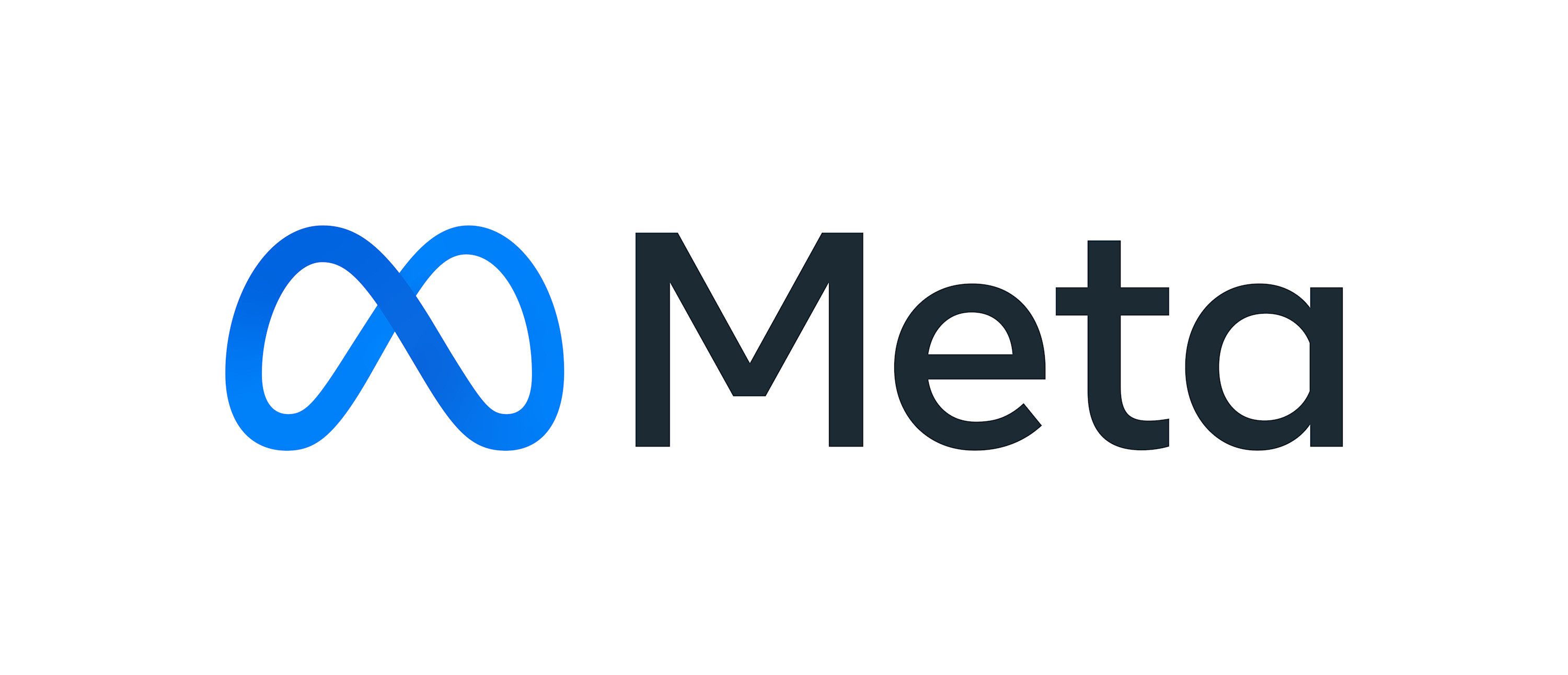
Meta Platforms, Inc. (NASDAQ:META) Maintains Strong Position Amid AI Investments
- Morgan Stanley maintains an "Overweight" rating for NASDAQ:META, raising its price target from $750 to $850.
- META's stock price surged to $781.37, reflecting a 12.39% increase, driven by investor optimism towards the company's AI investments.
- The company's market capitalization reaches approximately $1.96 trillion, indicating its dominant position in the tech industry.
Meta Platforms, Inc. (NASDAQ:META) is a leading technology company known for its social media platforms, including Facebook, Instagram, and WhatsApp. The company is also heavily investing in artificial intelligence (AI) and virtual reality (VR) technologies. Meta competes with other tech giants like Microsoft, Google, and Apple in the AI and digital advertising space.
On July 31, 2025, Morgan Stanley maintained an "Overweight" rating for NASDAQ:META, indicating a positive outlook on the stock. At that time, META's stock price was $695.21. Morgan Stanley also raised its price target for Meta from $750 to $850, as highlighted by TheFly, suggesting confidence in the company's future performance.
Following the release of strong earnings reports, META's stock price surged to $781.37, marking an increase of $86.16 or 12.39%. This rise reflects investor optimism, driven by Meta's significant investments in AI infrastructure. The company plans to continue spending billions in capital expenditures to enhance its AI capabilities, aligning with its long-term growth strategy.
META's stock has traded between $766.01 and $784.57 today, nearing its 52-week high of $784.70. The stock's 52-week low was $450.80, indicating substantial growth over the past year. With a market capitalization of approximately $1.96 trillion, Meta remains a dominant player in the tech industry.
Today's trading volume for NASDAQ:META on the NASDAQ is 14.54 million shares, showing strong investor interest. As Meta continues to invest in AI and expand its technological capabilities, the company's stock performance remains a focal point for investors and analysts alike.
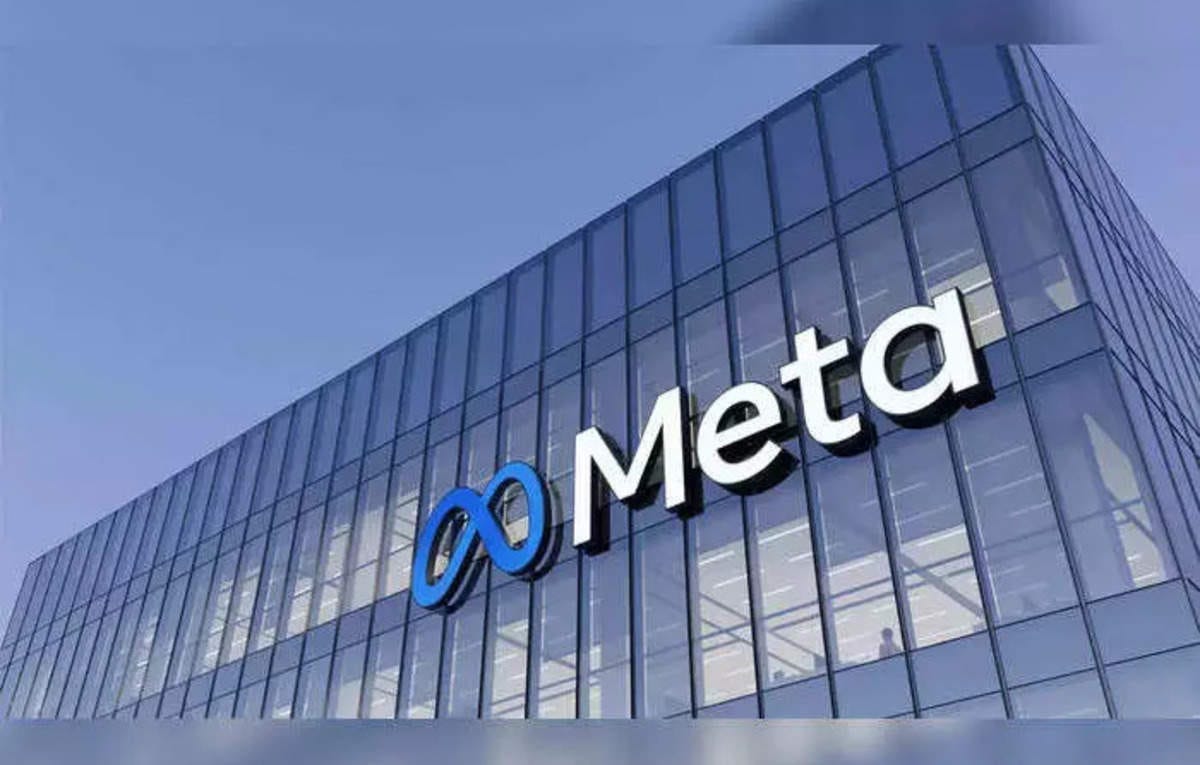
Meta Platforms, Inc. (NASDAQ:META) Sees Positive Analyst Sentiment and Growth in AI Investments
- The consensus price target for Meta Platforms, Inc. (NASDAQ:META) has risen from $658 to $850, indicating increased analyst confidence.
- Meta's core advertising business shows strong performance, with significant investments in AI and the Reality Labs segment.
- The stock has experienced a 22% increase this year, buoyed by positive financial results and its AI strategy.
Meta Platforms, Inc. (NASDAQ:META), formerly known as Facebook, is a leading figure in the social media and technology sectors. It operates through two main segments: Family of Apps, which includes Facebook, Instagram, Messenger, and WhatsApp, and Reality Labs, focusing on augmented and virtual reality technologies. These platforms connect users worldwide, while Reality Labs aims to enhance this connectivity through innovative solutions.
The consensus price target for Meta has seen a significant increase over the past year, rising from $658 to $850. This uptick reflects growing analyst confidence in Meta's business strategy and its potential for growth. The stable price target over the last month and quarter suggests a consistent outlook on the company's performance, possibly due to ongoing strategic initiatives.
Recent earnings reports from Meta highlight a strong performance in its core advertising business, driven by increased user engagement. Additionally, the company is investing heavily in its Reality Labs segment, which is expected to drive future growth. As highlighted by CNBC, Meta's investments in AI are a focal point, with CEO Mark Zuckerberg's comments on aggressive hiring in AI drawing investor attention.
The Nasdaq Composite is experiencing a surge, partly due to a new US-EU trade agreement reducing tariffs to 15%. This development has positively impacted Meta, which is among the "Magnificent 7" tech companies set to release earnings. Investors are keenly observing Meta's efforts to monetize AI investments, particularly through advertising.
Meta's stock has risen by 22% this year, driven by robust financial results and positive sentiment regarding its AI strategy. As part of the "Magnificent Seven" stocks, Meta has shown strong performance compared to its peers. Analyst Stephen Ju from Credit Suisse has set a price target of $180 for Meta, indicating expectations for the company's near-term performance.

Needham Upgrades Meta to Hold, Cites Estimate Upside but Flags Valuation and Structural Risks
Needham upgraded Meta Platforms (NASDAQ:META) to Hold from Underperform, citing recent channel checks that point to potential upside in its estimates and highlighting Meta’s exceptional labor productivity driven by its highly scalable, software-only economic model.
The firm noted Meta’s unique advantages—including not paying for content, leveraging mobile device ecosystems, and offering closed-loop attribution for advertisers—which together enable industry-leading efficiency. However, Needham stopped short of a Buy rating, remaining cautious due to several concerns: Meta’s sprawling strategy could dilute focus and waste capital; structural pressures on margins and free cash flow; high stock-based compensation per employee, which could lead to understated labor costs and dilution; and significant ongoing regulatory risks.
Needham also pointed to investor sentiment, observing that roughly 90% of analysts covering Meta have Buy or Strong Buy ratings, suggesting to the firm that the stock is likely over-owned and limiting further upside. The upgrade reflects acknowledgment of Meta’s near-term estimate strength, but the Hold rating signals skepticism about sustained long-term outperformance given these headwinds.







